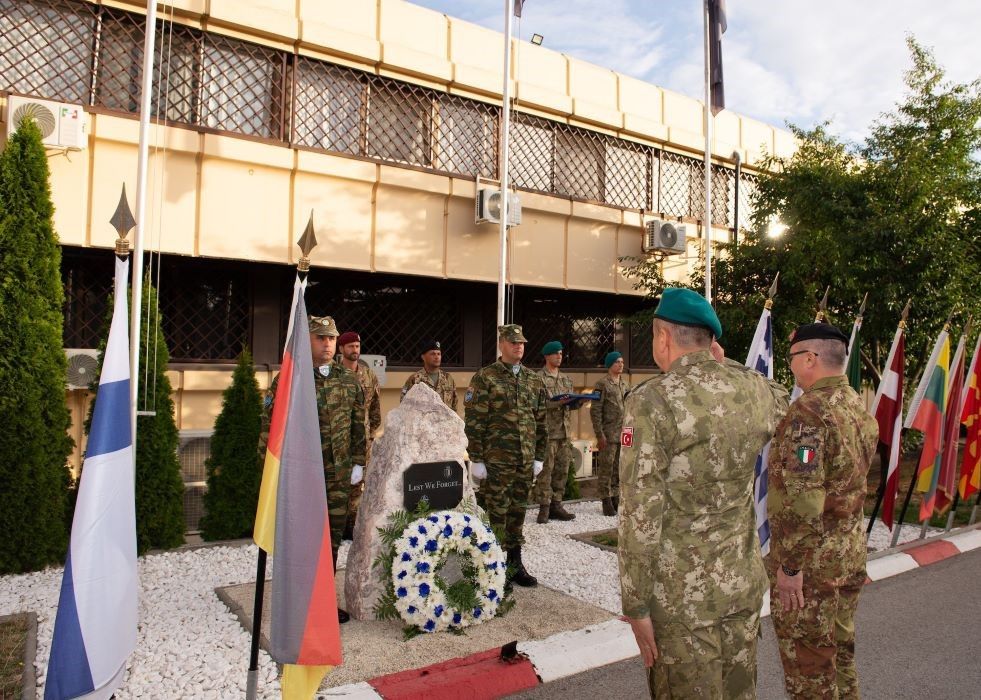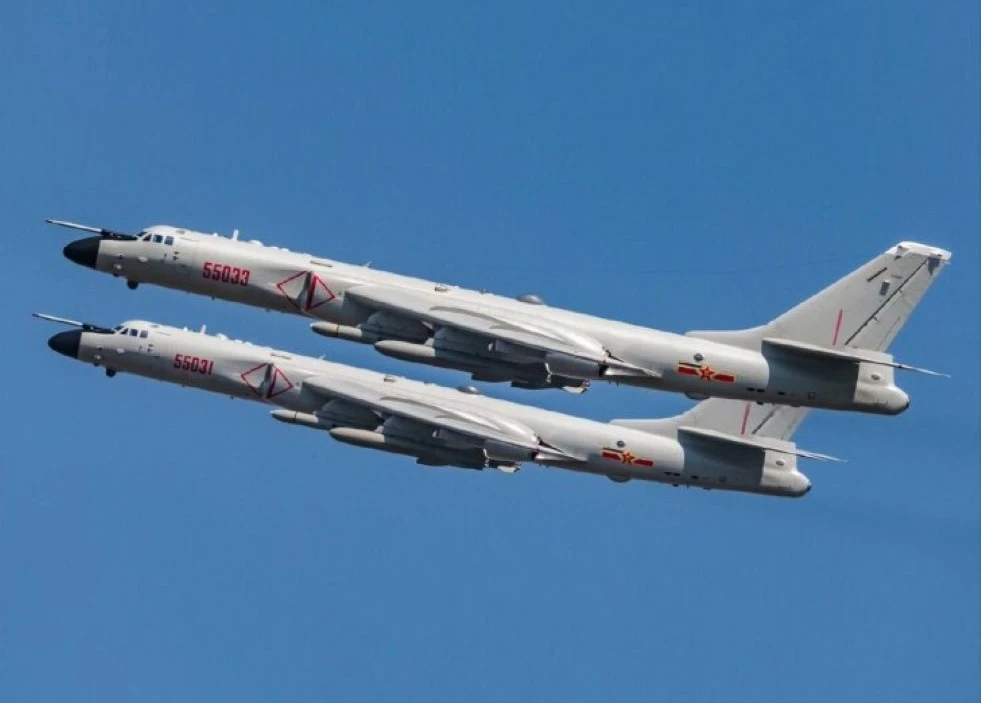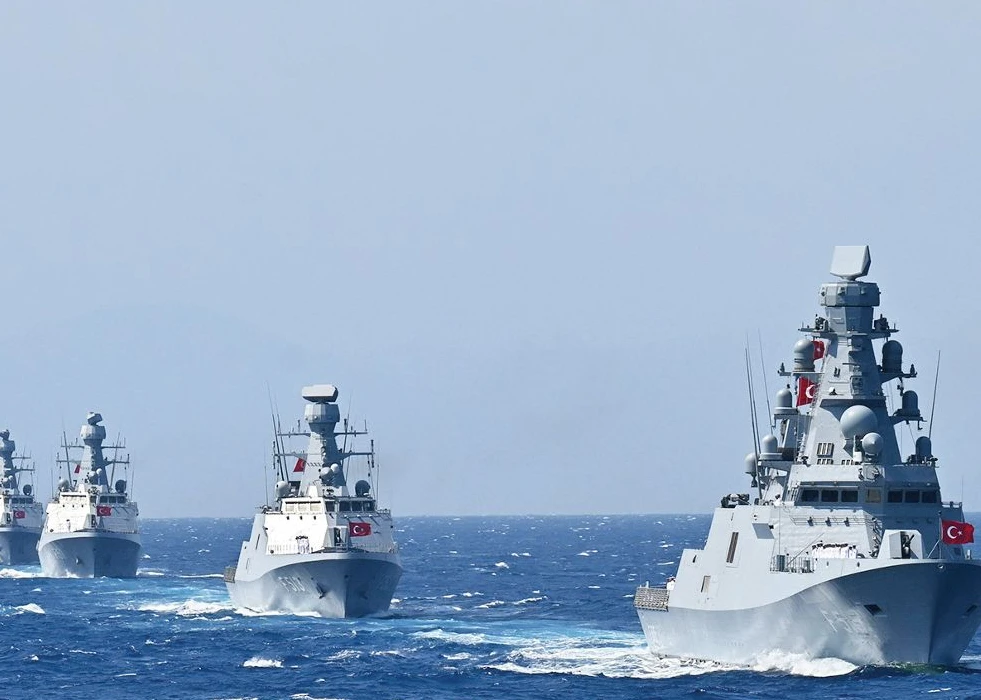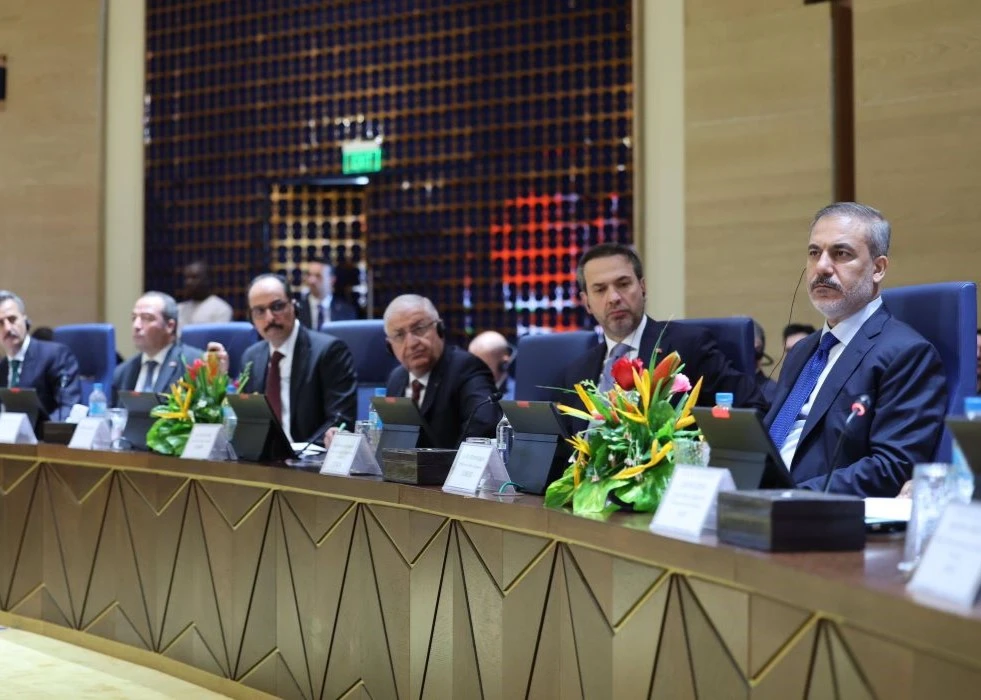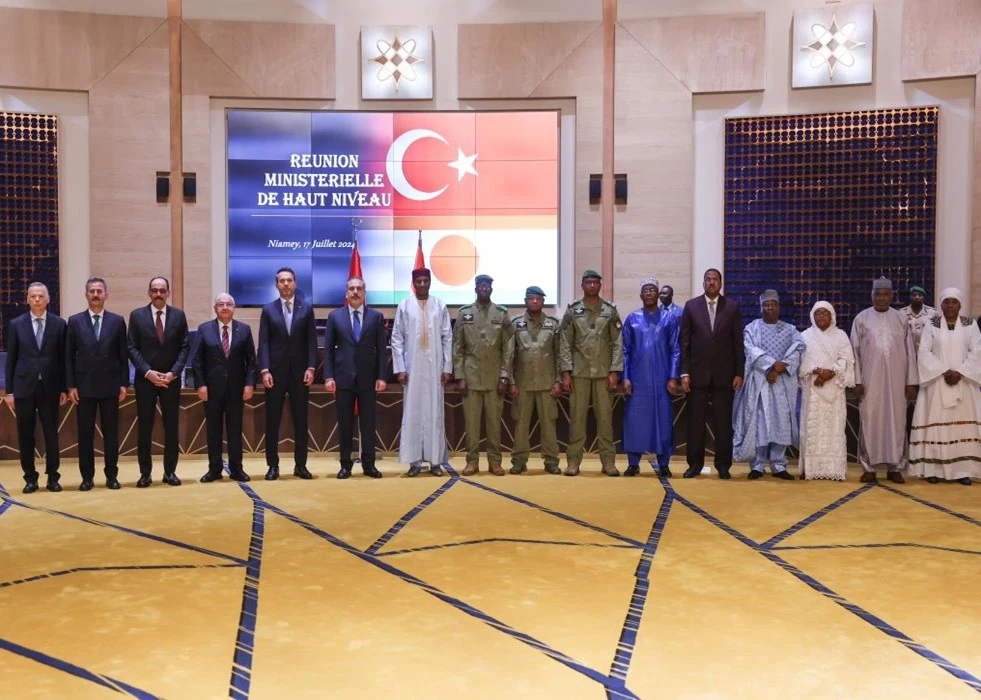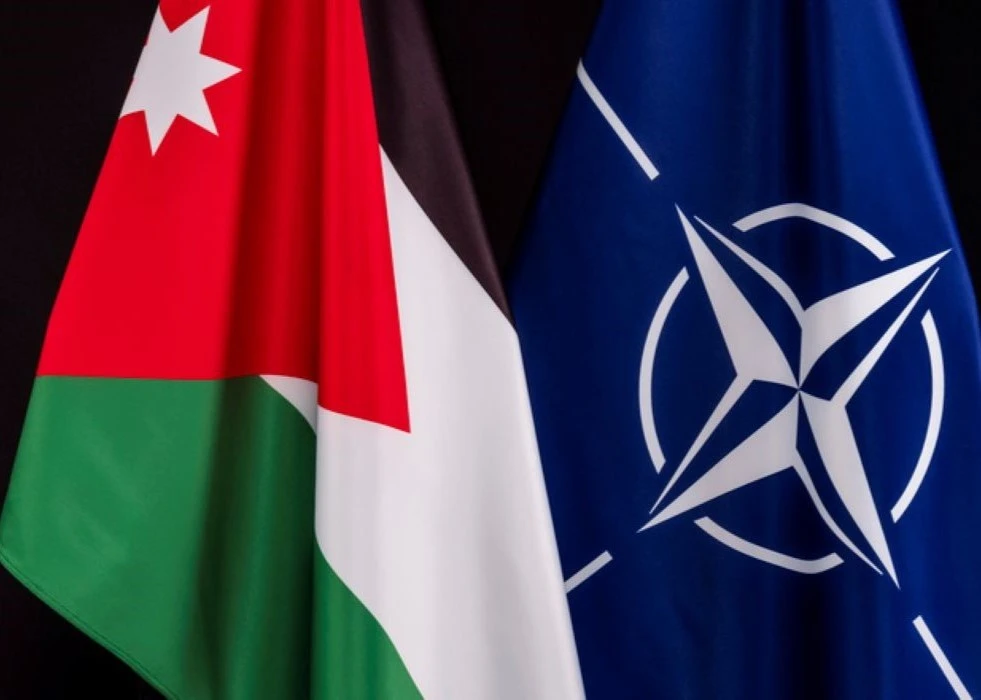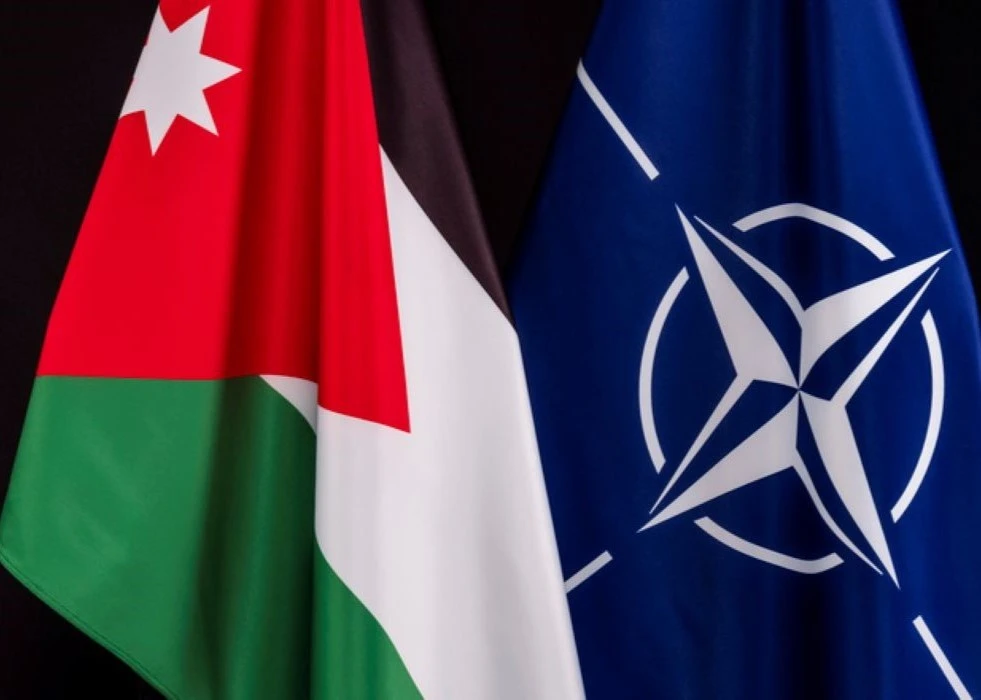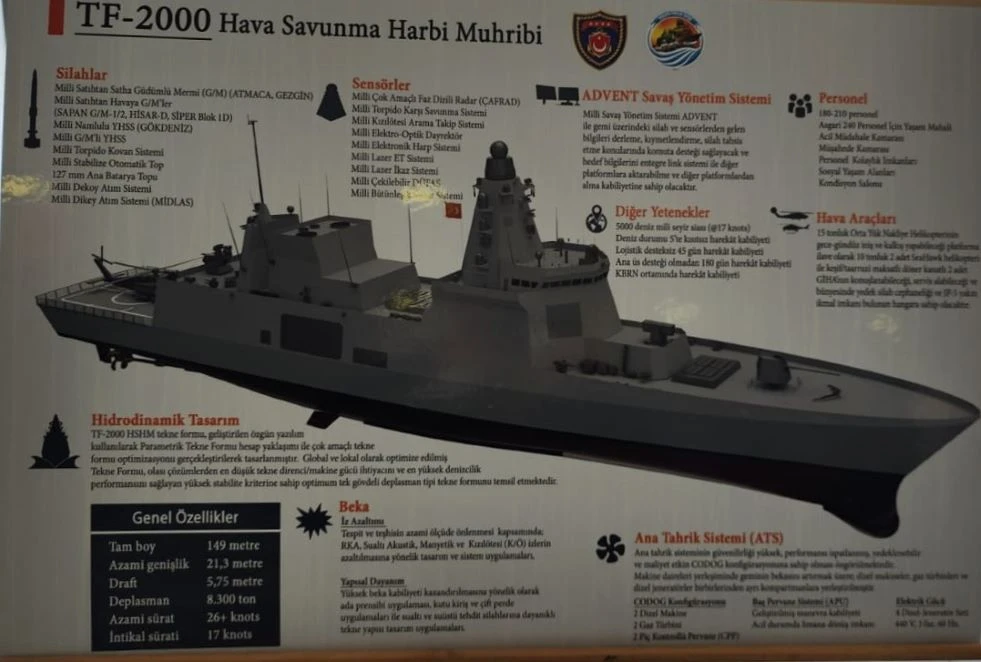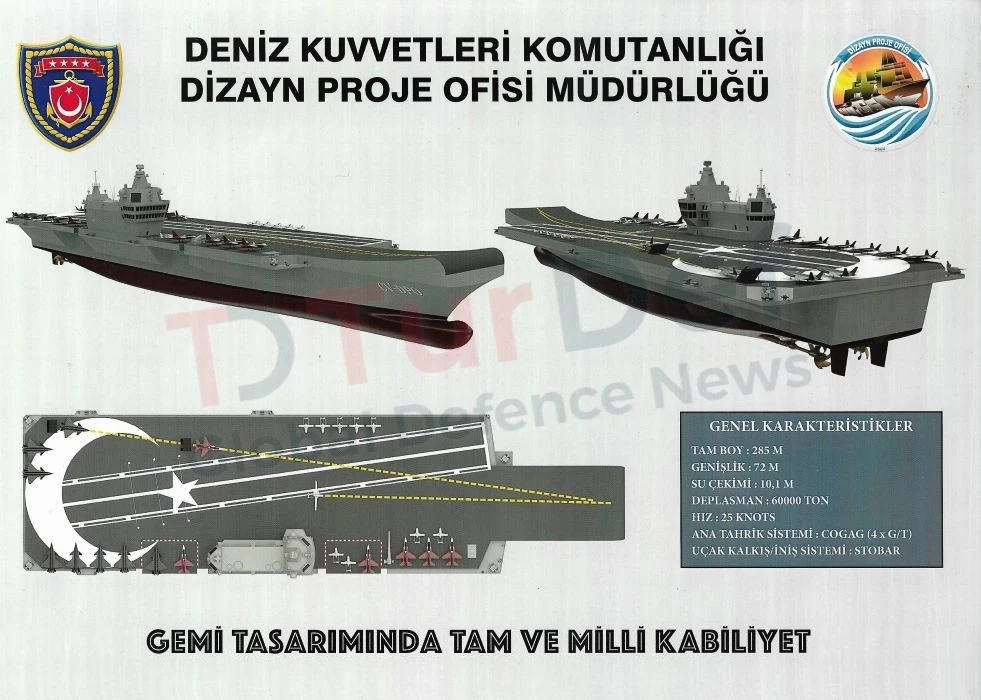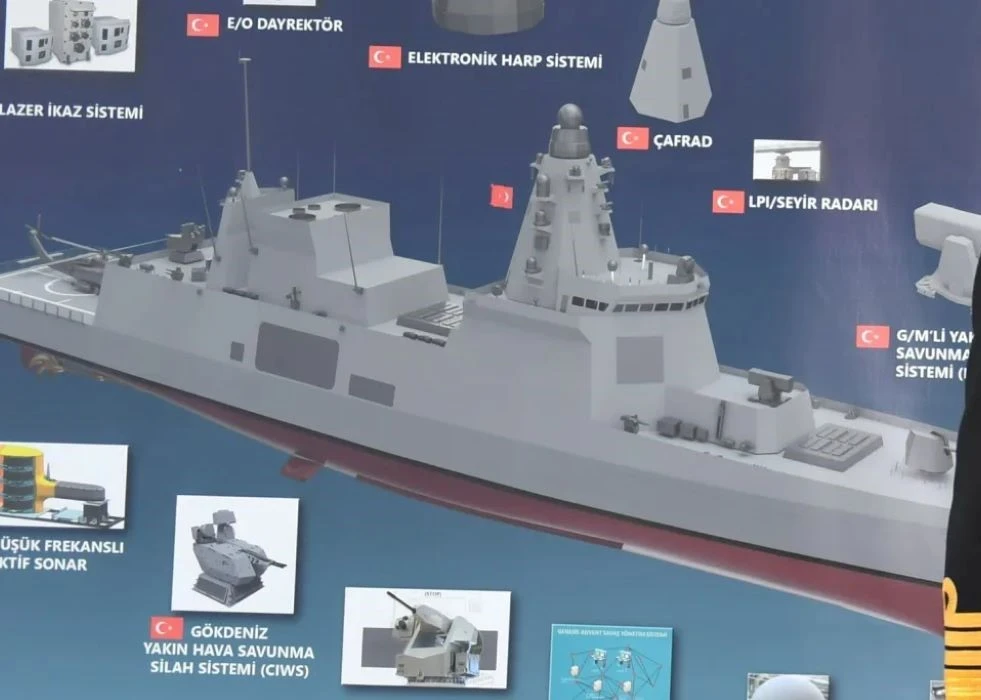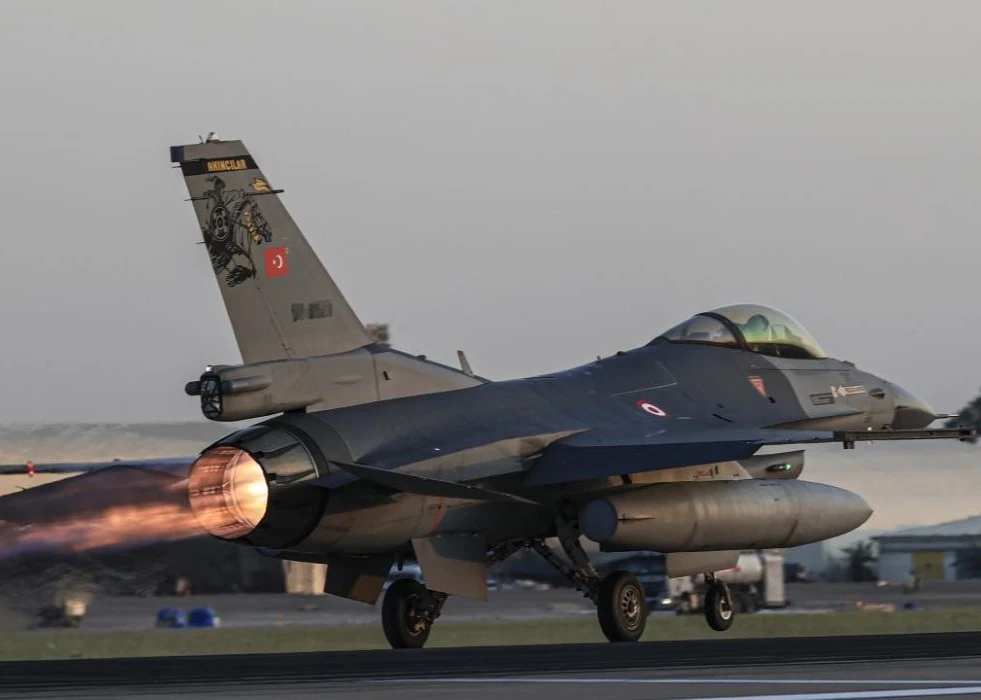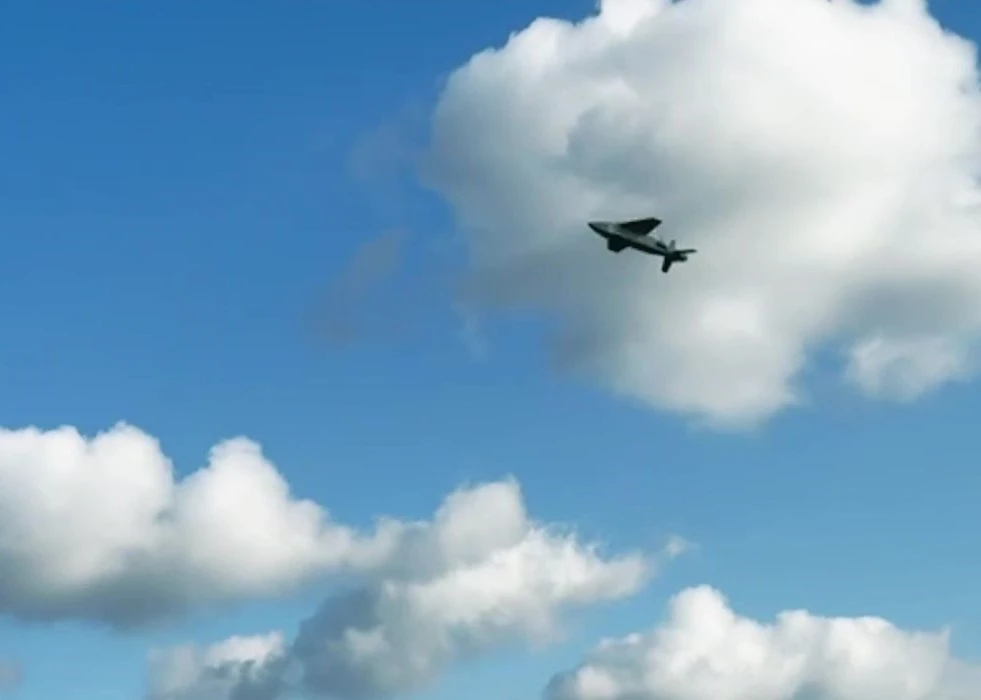NATO-led peacekeeping mission in Kosovo, Kosovo Force (KFOR) Change of Command ceremony was presided over by the Commander of Allied Joint Force Command Naples, Admiral Stuart B. Munsch. The handover ceremony was held at KFOR’s headquarters in Kosovo, Pristina, at Camp Film City.
The second Chief of the General Staff, General İrfan Özsert, Deputy Minister of National Defence Bilal Durdalı, Turkiye’s Ambassador of Pristina Sabri Tunç Angılı attended the ceremony.
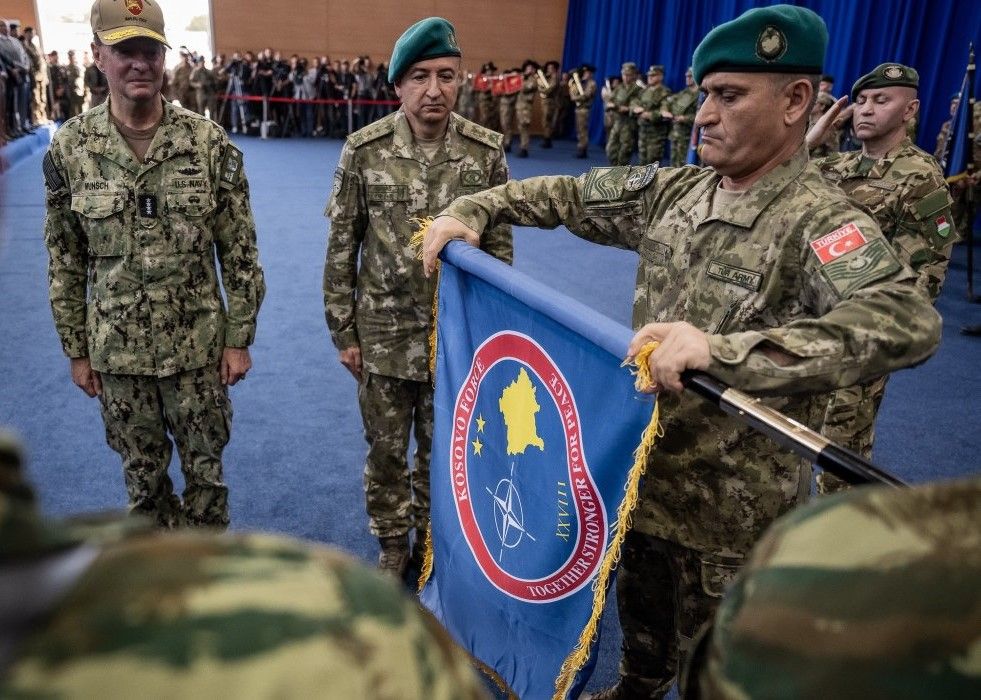
KFOR Commander, Major General Angelo Michele Ristuccia, handed over the command of KFOR to his Turkish successor, Major General Özkan Ulutaş.
In his farewell speech at the ceremony, the former commander of KFOR, Ristuccia, stated that he never felt alone during his tenure and thanked the allied countries that formed KFOR.
Stating that KFOR will continue to work in line with the United Nations (UN) mandates to guarantee a safe and secure environment and freedom of movement for all people in Kosovo, Ristuccia said: “Now, as I leave the KFOR command, I believe that I still have very little to say; because of this period. Our actions are and will be appreciated by my superiors and my chain of command by allies and contributing countries whose institutional jurisdiction is trusted.”
KFOR’s new commander, Major General Ulutaş, said he was aware of the importance of his responsibility as the first Turkish commander of this mission.
Emphasizing that he will put forward all his efforts and experience for KFOR to function successfully in the sensitive period that Kosovo is going through, Ulutaş said:
“Recent developments have revealed the unpredictable and variable nature of the security and stability environment in the region, which can be disrupted at any time. This makes KFOR’s existence and its missions even more important. For this reason, KFOR must maintain its situational awareness and fulfil its mission effectively. The security environment must remain alert and ready for possible developments that may adversely affect the security environment.”
KFOR, which started its duty in Kosovo on June 12, 1999, following the decision of the United Nations Security Council to ensure security and stability, has more than 4,500 international members from 27 countries, including 21 NATO members and six non-NATO partner countries.
Turkiye, which took over the command of the peacekeeping force serving in Kosovo for the first time since 1999, ranks second among 27 countries in terms of committed personnel contribution.
Major General Ulutaş, the 28th commander of KFOR, will serve until October 10, 2024.
The Serbian population protested the local elections held in Kosovo in Spring 2023, and violence occurred with the loss of local government. Upon Italy’s request from NATO, Turkiye sent a unit from its 69th Mechanized Brigade to the region under the command of KFOR.
The unit returned to Turkiye last month, but Serbia reportedly deployed armoured vehicles on the Kosovo border.
According to the information obtained by TurDef, Türkiye did not send a new armoured vehicle to the KFOR command. British soldiers provide security. The first contingent of 200 UK soldiers arrived in Kosovo to reinforce NATO’s Kosovo Force peacekeeping mission.
